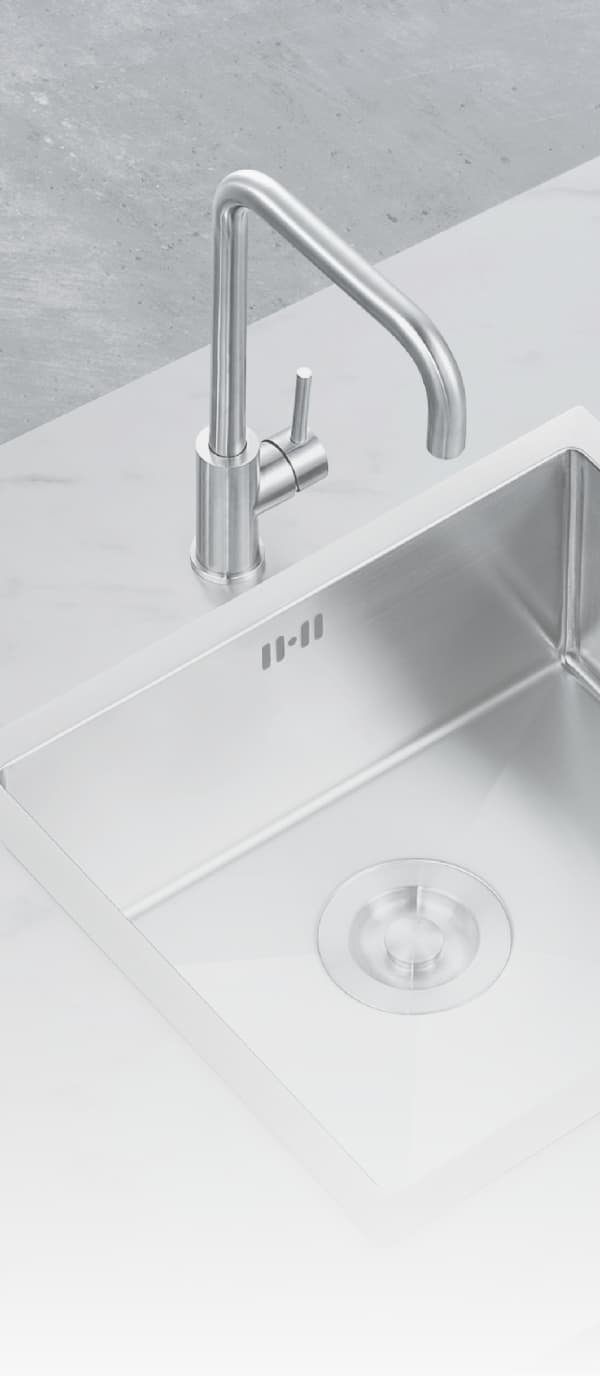News
Home | News

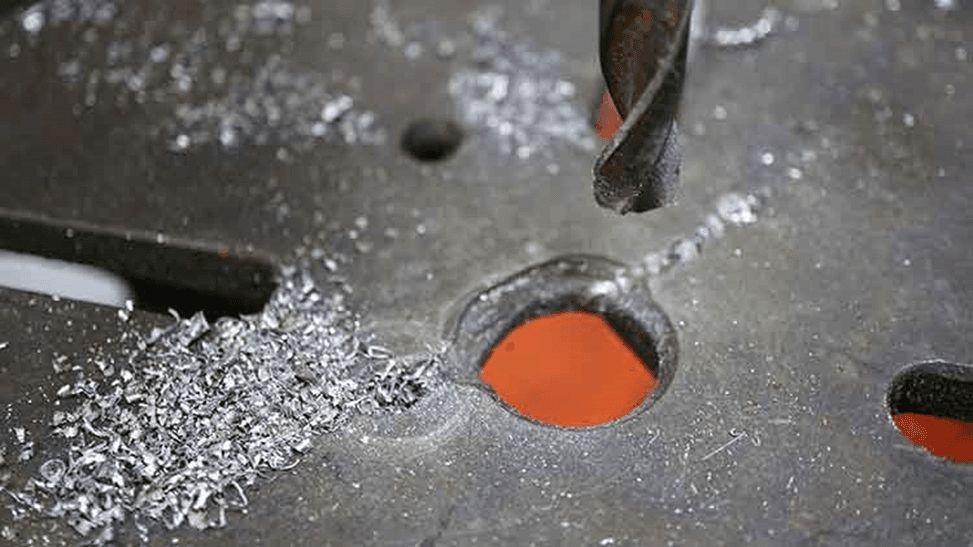
In recent years, the Vietnamese government has actively directed the development of industrial sectors closely linked to environmental protection and sustainability. A notable example is the approval by the Vietnamese National Assembly of the environmental protection agreements: EVFTA and EVIPA in 2020. Therefore, it can be said that one of the core trends in the future of manufacturing is towards sustainable green development. However, despite knowing that environmental pollution is an urgent issue, many Vietnamese businesses are still struggling to find solutions, especially those in the mechanical manufacturing industry. Therefore, in the following article, let’s explore environmental pollution in mechanical manufacturing and effective solutions today, together with TPS.
1. The current situation of environmental pollution in mechanical manufacturing in Vietnam
Currently, industrial production activities have been causing environmental pollution issues, especially the discharge of solid waste, which poses a threat to the ecological environment. In particular, the mechanical manufacturing sector is one of the leading industries in generating hazardous waste, including industrial compounds and waste, causing environmental pollution affecting human health and the living environment.
In practice in Vietnam, according to the Resources and Environment newspaper, in Hanoi, there are many craft villages operating in the field of mechanical manufacturing with a history of hundreds of years. However, according to Deputy Director of the Hanoi Department of Natural Resources and Environment, Mr. Le Tuan Dinh, the production technology of these craft village establishments is still relatively rudimentary, mainly manual or partly using machinery. The main raw materials used for mechanical manufacturing are: Iron, steel, stainless steel, etc. As a result, pollution arises from preliminary processing, forging, welding, rust removal, cleaning, galvanizing, and painting. This leads to the generation of metal waste such as dust, iron rust, noise, smoke, and wastewater containing toxic substances such as CTR, acid, Zn, Ni, Cr, which pollute water, air, and soil.
Besides, factories, plants, and industrial zones in the mechanical manufacturing sector are also causing significant environmental issues. Every day, hazardous compounds such as welding fumes, metal dust, PU paint, etc., are discharged into the environment from these mechanical manufacturing facilities. Additionally, during the mechanical manufacturing process, these workshops or industrial zones also directly discharge wastewater into the environment. Consequently, mechanical manufacturing causes environmental pollution affecting the health of local residents, leading to severe diseases such as cancer, asthma, pneumonia, rhinitis, pulmonary fibrosis, etc.

2. Causes of environmental pollution in mechanical manufacturing
Currently, mechanical manufacturing activities, without solutions and technologies to eliminate hazardous compounds, directly discharge waste into the environment, including:
- Welding smoke, CO2, SO2, silica dust, etc., during welding, cutting, metal stamping processes.
- Metal dust, iron filings, iron rust, aluminum dust, generated during metal cutting processes.
- Paint dust generated during the painting process.
- Exhaust gas from operating equipment.
- Wastewater from metal processing activities.
- Noise pollution from metal cutting, drilling, welding, turning, grinding machines, etc.
- Metal scraps, iron scraps, waste rags, packaging, etc.
- Oil sludge, chemical containers, etc.
3. Consequences of Environmental Pollution in Mechanical Manufacturing
The consequences of environmental pollution from mechanical manufacturing activities are severe and multifaceted. In addition to affecting human health, environmental issues lead to economic losses and tarnish the reputation of the mechanical manufacturing industry. Polluted water and soil not only impact daily life but also reduce agricultural productivity. Moreover, environmental concerns negatively affect the brand image and credibility of mechanical manufacturing enterprises. Alarmingly, the repercussions include air and water pollution, ecosystem imbalance or destruction, climate change, and the accumulation of industrial waste in the natural environment.
4. Solutions to Mitigate Environmental Pollution in Mechanical Manufacturing
To address environmental pollution in mechanical manufacturing, enterprises need to implement suitable solutions, including:
- Adoption of Industry 4.0 technologies: Replacing manual labor with advanced systems and machinery utilizing Industry 4.0 technologies such as IoT and artificial intelligence to optimize operations, minimize waste, and reduce energy consumption.
- Implementation of environmental management systems: Employing sensors to monitor temperature, pressure, and metal concentration in water enables businesses to track and measure waste discharge.
- Utilization of renewable energy sources: Substituting fossil fuels with renewable energy sources like solar and wind power reduces emissions into the environment.
- Introduction of eco-friendly materials: Incorporating green materials with minimal environmental impact and recyclable properties, such as green packaging, recycled steel, and aluminum alloys, reduces pollution in manufacturing processes.

5. 05 Benefits of Environmental Protection in Mechanical Manufacturing
5.1. Enhanced image and credibility
Prioritizing environmentally friendly manufacturing practices improves brand image, attracting attention and trust from customers and partners, facilitating foreign investment from environmentally conscious regions.
5.2. Compliance with legal regulations
Mitigating environmental pollution aligns with future mandatory criteria, ensuring compliance with legal environmental regulations and minimizing legal penalties, thus reducing business risks.
5.3. Cost reduction and production efficiency
Embracing advanced technologies optimizes resource utilization, minimizes metal waste, saves resources, and lowers production costs.
5.4. Safe working environment
Implementing environmental protection measures fosters a safe and healthy workplace for employees, enhancing labor productivity and contributing to sustainable company growth.
5.5. Competitive edge
Researching and developing innovative technologies and eco-friendly products strengthens the competitive position of mechanical manufacturing enterprises in the fiercely competitive market. Moreover, it opens avenues for sustainable development in mechanical manufacturing in the future, as green manufacturing becomes a global trend.
In conclusion, addressing environmental pollution in mechanical manufacturing is crucial for sustainable industrial development. By implementing effective solutions and prioritizing environmental protection, mechanical manufacturing enterprises can mitigate pollution, improve their image, comply with regulations, reduce costs, create safer workplaces, and gain a competitive edge in the market.
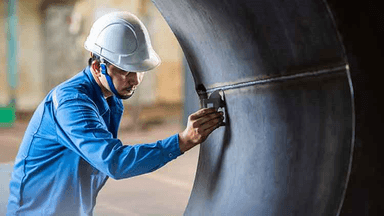
7 types of waste in manufact...
ICurrently, for mechanical industry enterprises to achieve sustaina...
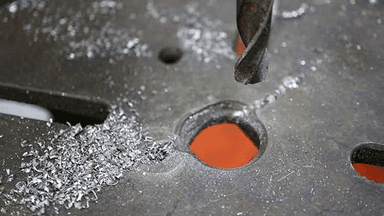
Environmental pollution in m...
In recent years, the Vietnamese government has actively directed th...
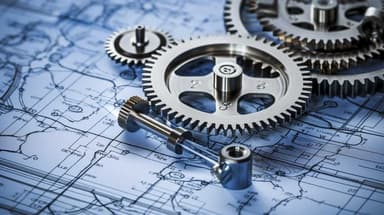
3 Criteria for assessing the...
Using quality mechanical processing products not only helps improve...
